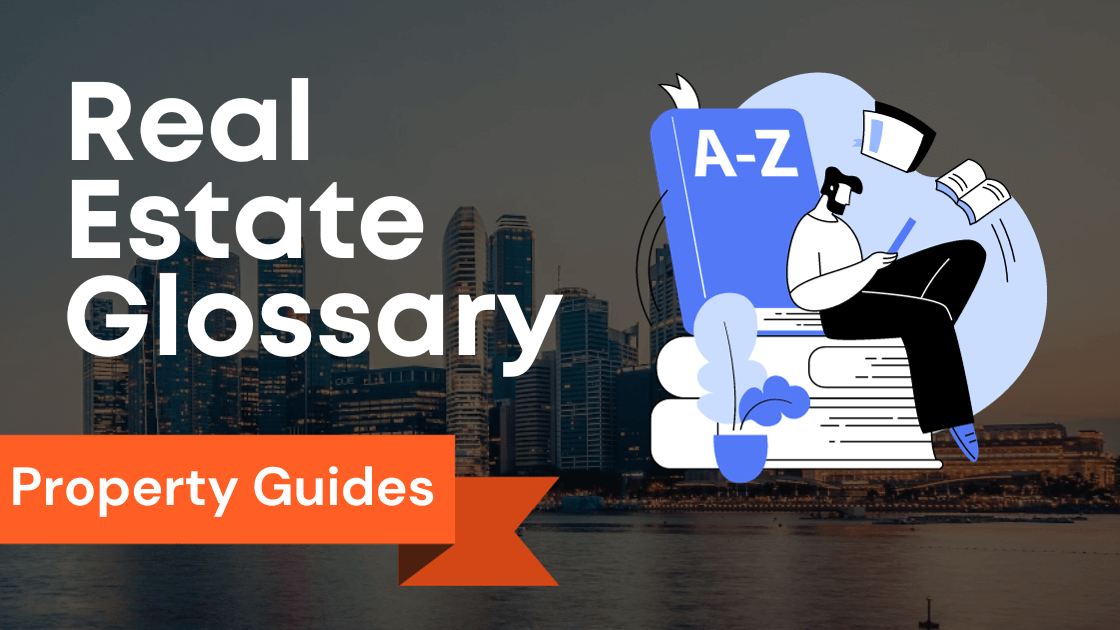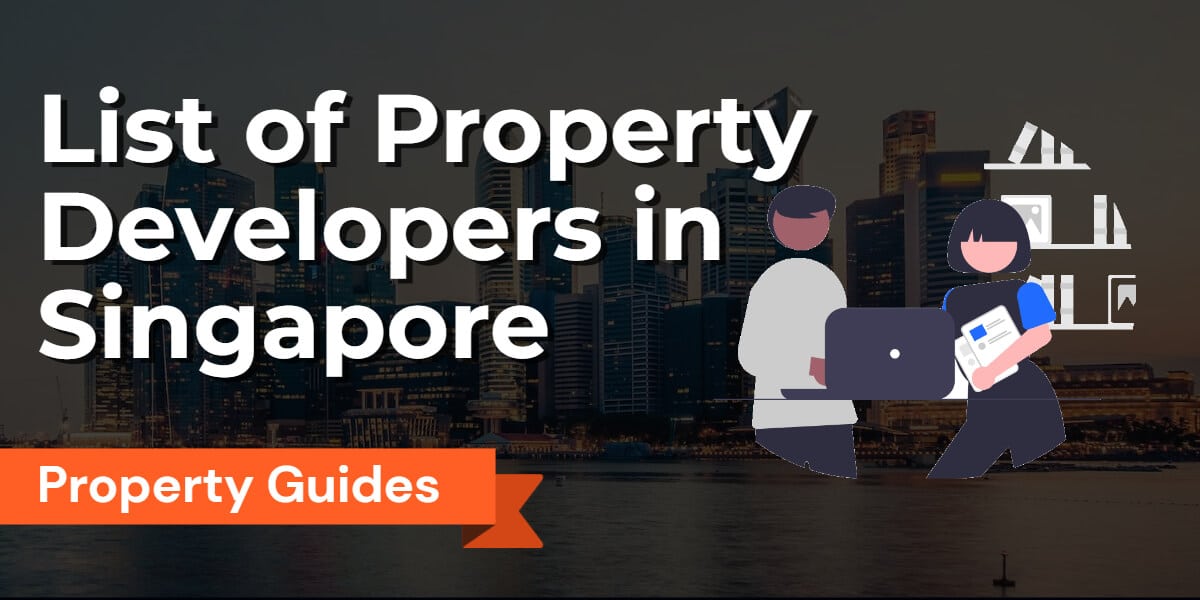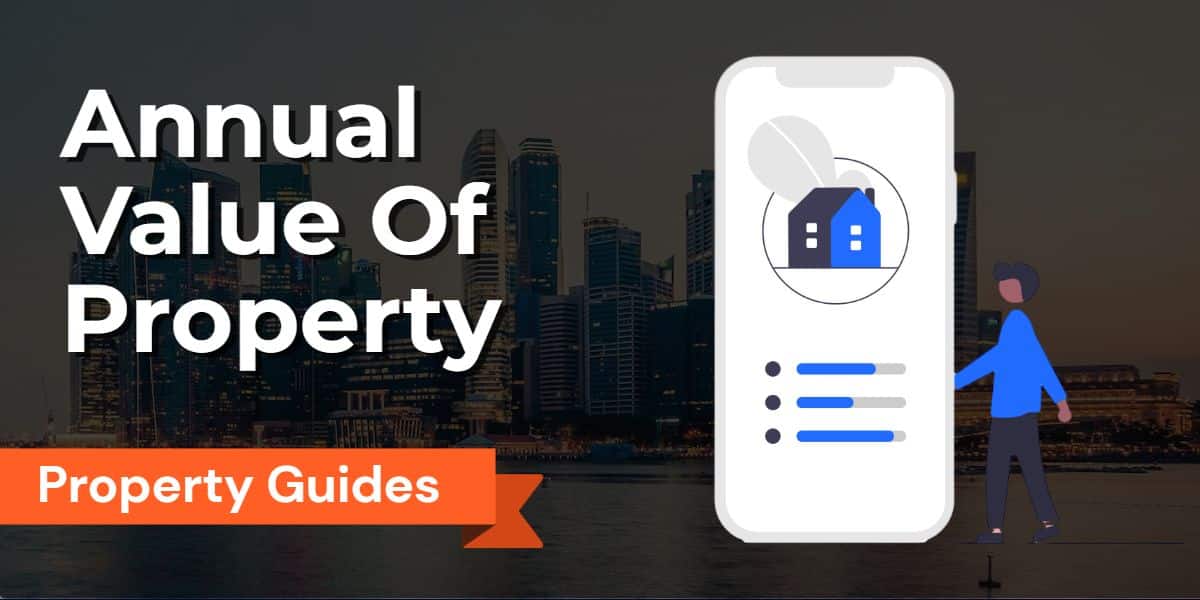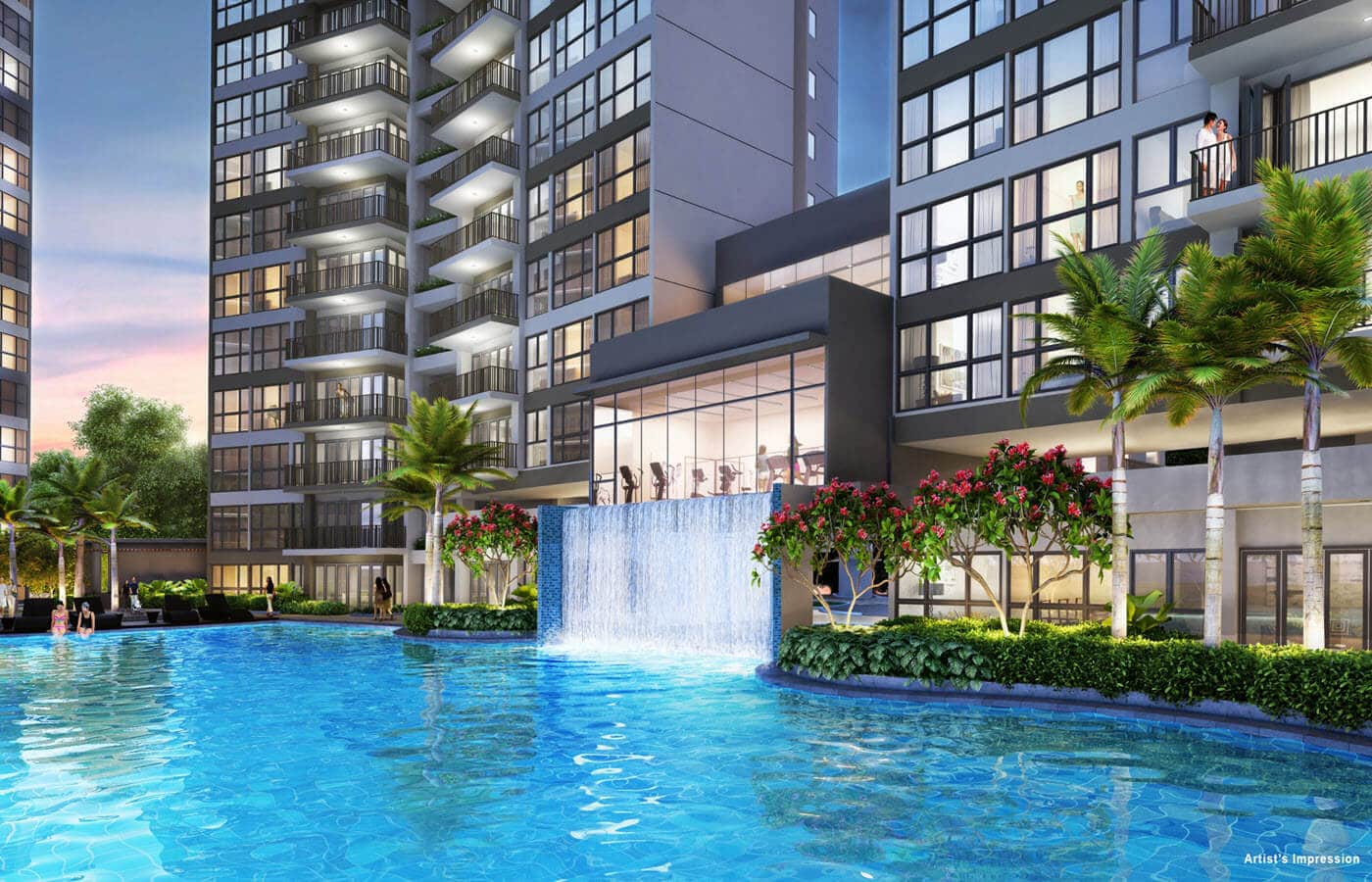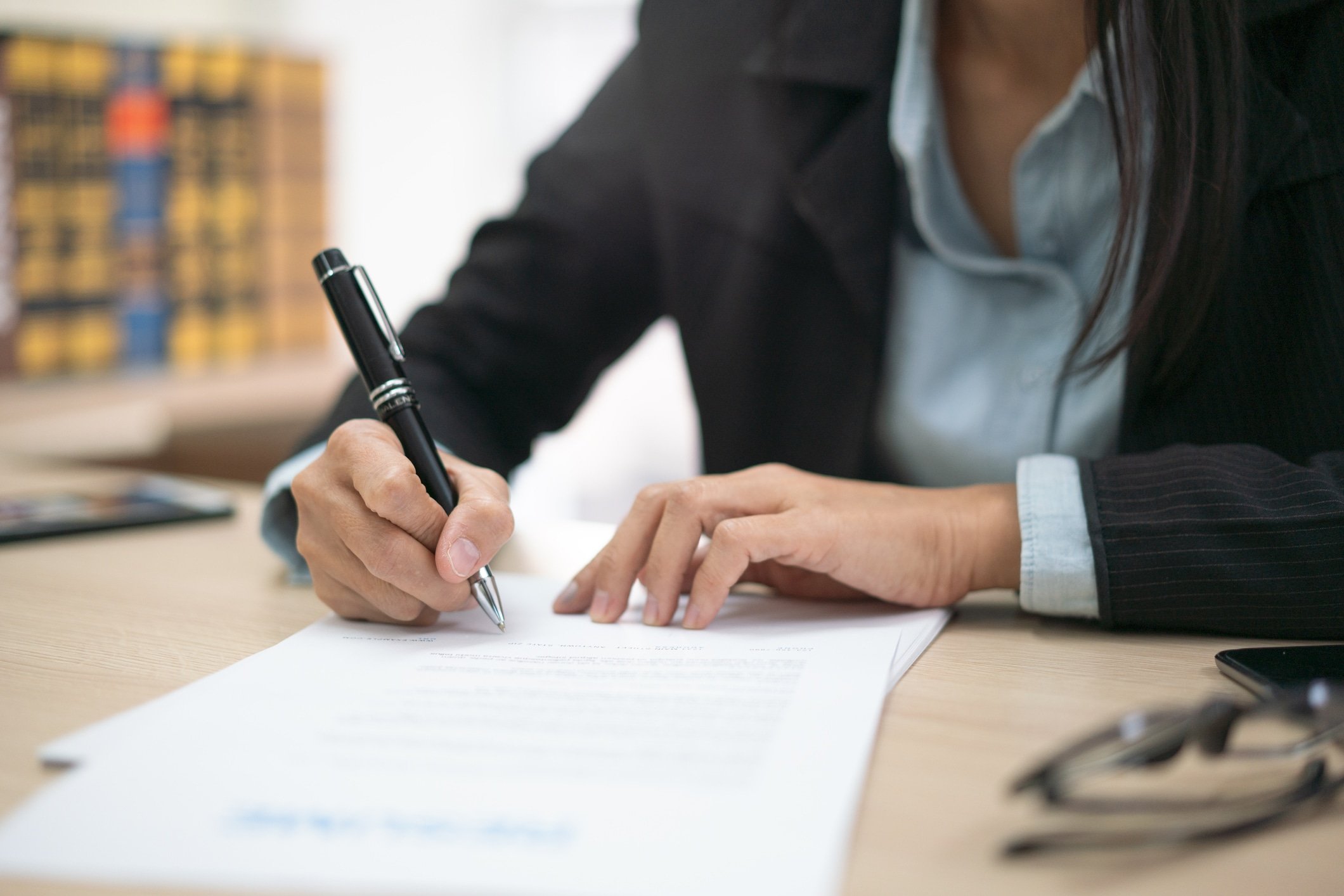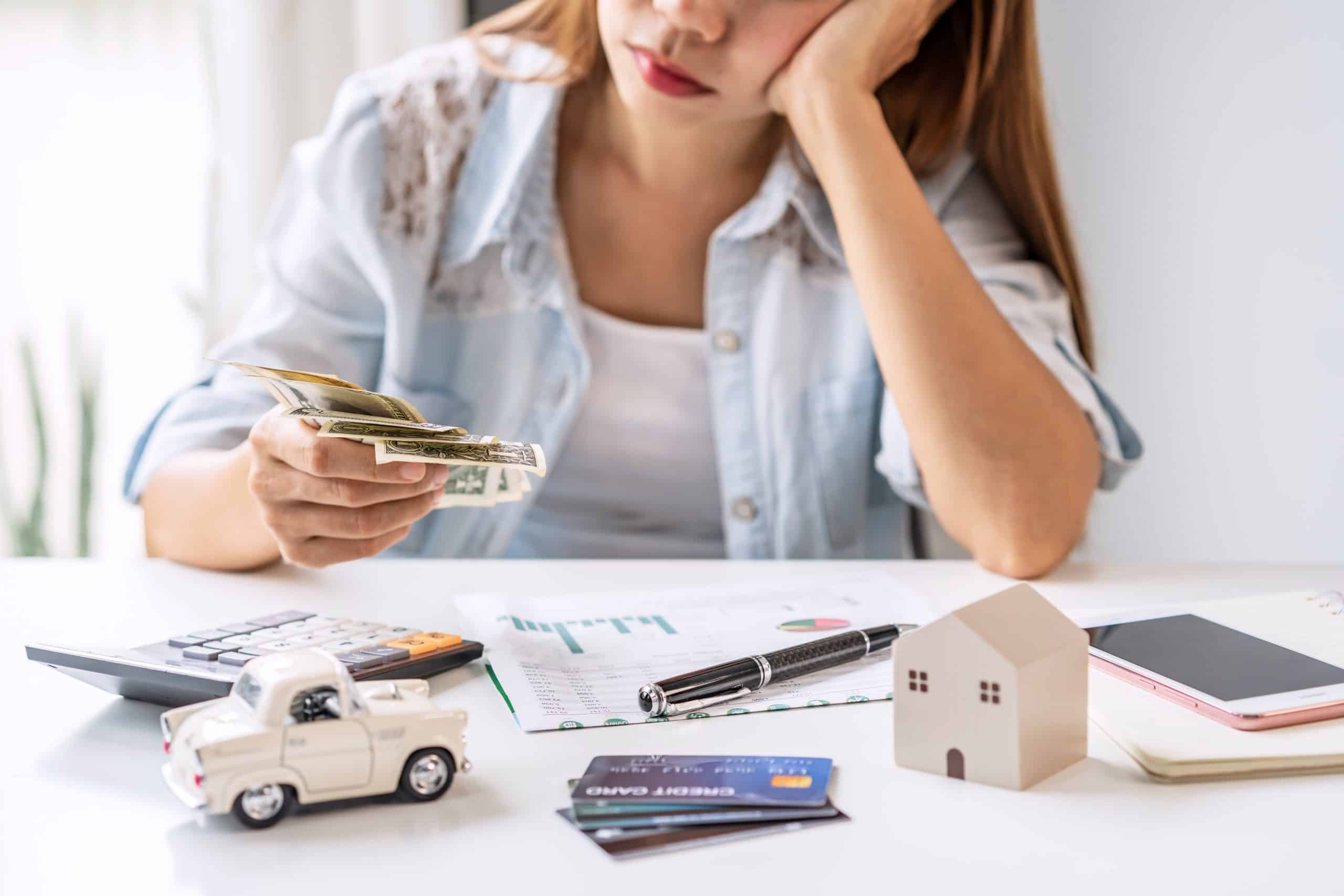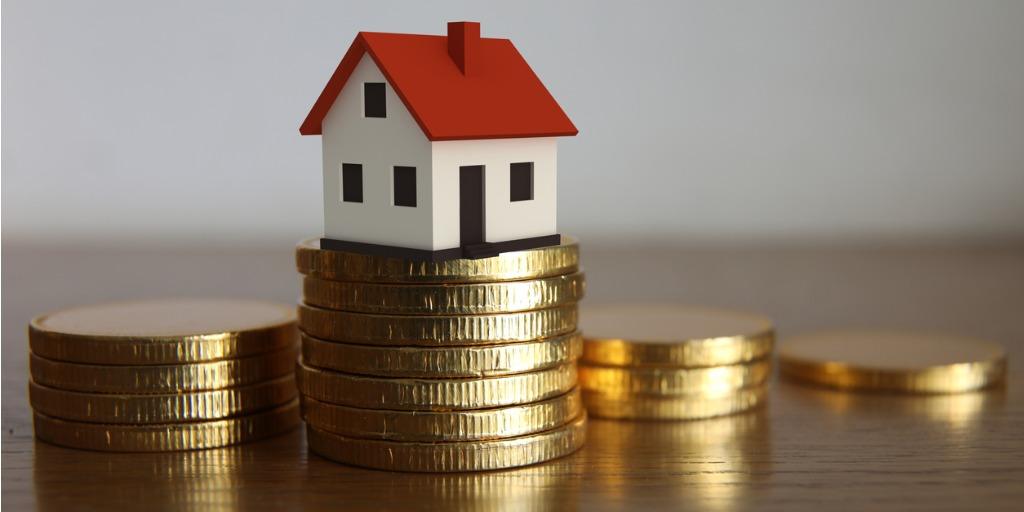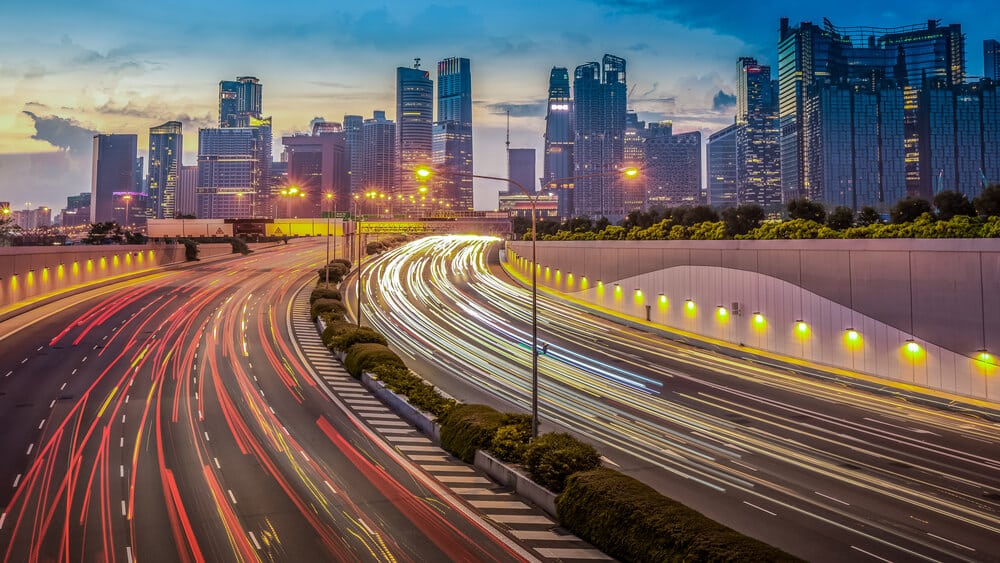
Discover the difference between leasehold and freehold properties in Singapore.
Leasehold properties have a fixed ownership period, while freehold properties provide indefinite ownership.
Leasehold properties are generally more affordable but have limitations and can decrease in value over time.
Explore each property type’s pros and cons, market dynamics, and implications to make informed decisions.
Key Takeaways
| Leasehold Properties | Freehold Properties |
|---|---|
| – Owned by a tenant for a fixed period (e.g., 99 years in Singapore) | – Owned indefinitely by the buyer |
| – Ownership reverts back to the original owner after the leasehold period expires | – No reversion of ownership |
| – Generally more affordable than freehold properties | – Generally more expensive than leasehold properties |
| – Government grants and incentives available for first-time buyers | – No specific grants or incentives |
| – May have newer amenities and facilities | – Owner has complete control over the property |
| – Value may decrease over time due to higher depreciation rates | – Value may depend on location, condition, and amenities |
| – Scarcity value affected by the leasehold period | – Scarcity value generally higher due to indefinite ownership |
| – Nearing the end of the lease, may have little or no value | – Higher scarcity value in desirable locations |
| – Demand drives up prices, making them valuable investments | – Value may depend on location, condition, and amenities |
| – Limited period of ownership affects property value | – Complete ownership and control over the property |
| – Value declines as lease term approaches expiration | – No reversion of ownership; generally more valuable |
| – Some leasehold properties can be renewed through en bloc sales | – No renewal needed; perpetual ownership |
| – Collective sales provide options for leasehold property owners | – May participate in collective sales or hold onto the property |
| – Value influenced by remaining lease term, location, and condition | – Value influenced by location, size, and condition |
| – Value declines as lease term approaches expiration | – Generally more valuable due to perpetual ownership |
| – Impact of the Land Acquisition Act on leasehold property prices | – Not directly affected by the Land Acquisition Act |
| – Government acquisition of land affects leasehold property prices | – No direct impact from government acquisitions |
| – Limited duration of lease and potential for lower resale value | – More security and control for the owner |
| – Consider market conditions, location, and potential | – Higher upfront investment, but potential for higher returns |
| – Limited duration of lease and potential restrictions on usage and resale | – Longer lease term and fewer restrictions |
| – Potential difficulties in obtaining loans or mortgage financing | – Generally no impact on loan applications |
| – Resale value typically lower, especially as the lease expiry approaches | – Higher resale value due to perpetual ownership |
| – Understanding leasehold and freehold terms is crucial for property transactions | – Knowing the terms helps in making informed decisions in transactions |
Understanding Leasehold and Freehold Properties in Singapore
What is a Leasehold Property?
A leasehold property is a property that is owned by a tenant for a fixed period, usually 99 years, in Singapore.
After the leasehold period has expired, the property ownership reverts to the original owner.
What is a Freehold Property?
A freehold property is a property owned indefinitely by the buyer.
What are the Differences between Leasehold and Freehold Properties?
The main difference between leasehold and freehold properties is the ownership period.
While freehold properties are owned indefinitely, leasehold properties have a fixed period of ownership, after which they revert to the original owner.
Freehold properties are generally more expensive than leasehold ones, and prices depend on the property’s location, condition, and amenities.
Exploring the Pros and Cons of Leasehold Properties
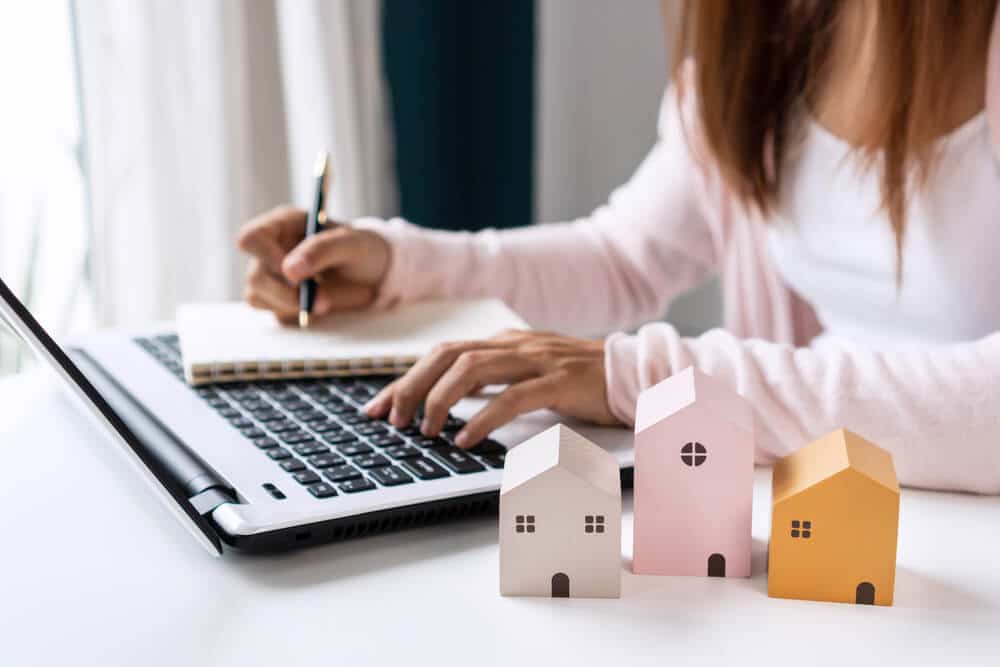
Pros of Leasehold Properties
Leasehold properties are generally cheaper than freehold ones, making them a more affordable option when buying property in Singapore.
Additionally, the government offers grants and incentives to first-time buyers of leasehold properties.
Leasehold properties also tend to have newer amenities and facilities than freehold properties.
Cons of Leasehold Properties
Leasehold properties have an expiry date, after which the ownership reverts to the original owner.
This means the property may have little value when the leasehold period is over, making it difficult to sell or rent out.
Leasehold properties also tend to have higher depreciation rates, which means the property’s value may decrease over time.
The Difference between Leasehold and Freehold Tenure
What is Tenure?
Tenure is when a person or entity has the right to use or occupy a property.
What are the Different Types of Tenure?
There are two main types of tenure – leasehold and freehold.
Leasehold tenure is a fixed period of ownership after which the property reverts to the original owner, while freehold tenure is ownership of the property indefinitely.
What are the Implications of Different Types of Tenure?
The type of property tenure has implications for property owners and tenants.
Freehold owners have complete control over their properties and can make any changes they want, while leasehold tenants have to abide by the terms of their lease agreement and may not have complete freedom to change the property.
Leasehold tenants also have a limited period of ownership, which affects the property’s value.
Scarcity Value: How Leasehold Properties Impact Property Prices

What is Scarcity Value?
Scarcity value refers to the value of a property based on its availability in the market.
How Does Scarcity Value Affect Leasehold Properties?
The leasehold period affects the scarcity value of a property.
Properties with shorter leasehold periods are less desirable and tend to have lower values.
Additionally, leasehold properties nearing the end of their lease period may have little or no value, affecting their saleability and rental potential.
How Does Scarcity Value Affect Freehold Properties?
Freehold properties tend to have higher scarcity values because they are owned indefinitely, making them valuable asset.
However, the value of a freehold property may also depend on its location, condition, and amenities.
The Market Dynamics of 99-Year Leasehold Properties
What are 99-Year Leasehold Properties?
99-year leasehold properties are properties owned for 99 years.
They are popular in Singapore and are often more affordable than freehold properties.
How Do 99-Year Leasehold Properties Affect the Property Market in Singapore?
The availability of 99-year leasehold properties affects the affordability of property in Singapore.
They provide an option for buyers who need help to afford freehold properties and are often located in prime districts.
The demand for 99-year leasehold properties drives their prices, making them a valuable investment for property owners.
Are 99-Year Leasehold Properties a Good Investment?
Whether a 99-year leasehold property is a good investment depends on location, condition, and amenities.
However, they can be a valuable investment for property owners as they provide a lower entry price point and a chance to own property in prime districts.
Moreover, the Singapore government has measures to support the affordable ownership of 99-year leasehold properties for first-time buyers, increasing their value and demand.
Leasehold Property in Singapore: Features and Considerations
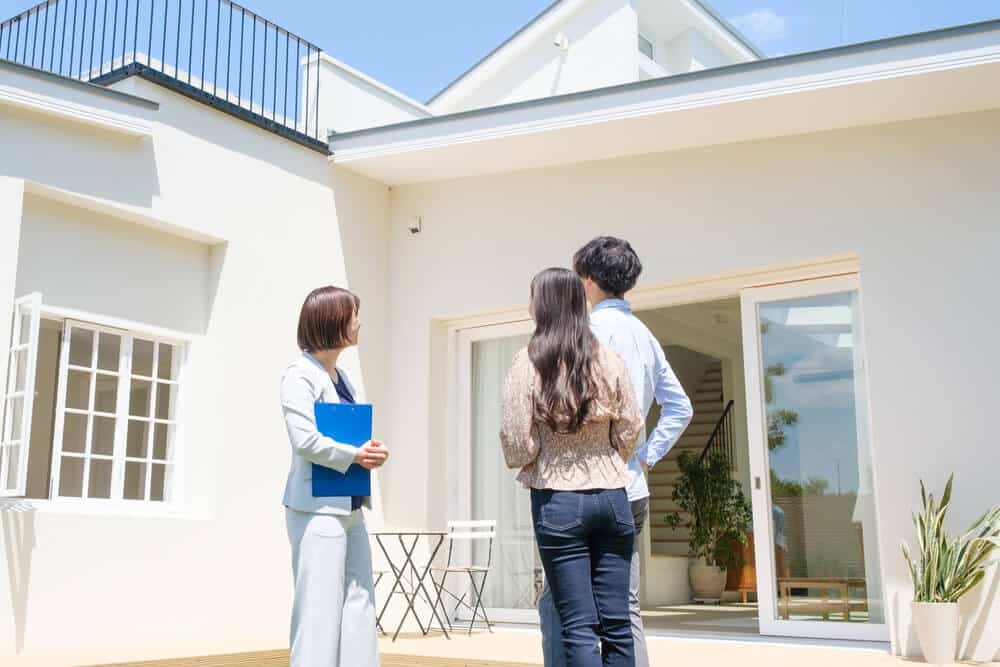
What is a leasehold property?
Leasehold property refers to land ownership in which a person can occupy and use the property in exchange for paying rent for a specific period.
In Singapore, leaseholds are issued for residential, commercial, and industrial properties.
The leasehold estate has a specified term, after which the land ownership reverts to the state.
How long is the leasehold tenure in Singapore?
The length of the leasehold tenure in Singapore varies from property to property.
It can be as short as 99 years or as long as 999 years.
Residential leasehold properties in Singapore are typically issued for 99-year periods.
What are the features of leasehold properties?
Leasehold properties are issued with terms and conditions that define the right to use the property and the obligations of the leasehold owner.
The owner of a leasehold property has the right to occupy and use the property for the lease term, subject to the terms and conditions of the lease.
The owner can also rent out the property and collect rental income.
Buying a Leasehold Property: Factors to Consider
What do you need to know when buying a leasehold property?
When buying a leasehold property, it is essential to consider the lease term’s length, the property’s market value, and the risks associated with the purchase.
You should also examine the terms and conditions of the leasehold title and ensure that they meet your needs and expectations.
What are the risks of buying a leasehold property?
One of the main risks associated with buying a leasehold property is that the property’s value might decrease as the lease term ends.
When the lease term expires, the ownership of the property reverts to the state, and the leasehold owner may need to vacate the property without any compensation.
Another risk is that the leasehold owner may struggle to find buyers for the parcel because of the shortened lease term.
What factors affect the value of a leasehold property?
Several factors affect the value of a leasehold property, including the remaining lease term, the property’s location, and the property’s condition.
Properties near amenities such as MRT stations tend to have higher values than those found in less accessible areas.
The state of the property also affects its importance, with newer properties having higher values than older properties.
Understanding the Reversion of Leasehold Property Ownership

What happens when a leasehold property reverts to the state?
When the lease term of the property expires, ownership of the property reverts to the state.
The leasehold owner must vacate the property and hand it to the state without compensation.
How does the reversion of the leasehold property affect its value?
The value of a leasehold property declines as the lease term ends.
When the leasehold property reverts to the state, the value of the property becomes zero.
This makes it difficult for leasehold property owners to sell their properties, especially when the remaining lease term is short.
Can the leasehold property be renewed?
Some leasehold properties can be renewed through en bloc sales.
In an en bloc sale, the owners of the leasehold properties in a development collectively sell their properties to a developer.
The developer then redevelops the land, and the owners receive compensation for their properties.
The process requires the agreement of all owners, and it can take several months or even years to complete.
Collective Sales: Implications for Leasehold Property Owners
What is a collective sale?
A collective sale is a process in which owners of strata-titled properties in development agree to sell the properties collectively to a developer for redevelopment.
The process requires the agreement of at least 80% of the owners.
How does a collective sale affect leasehold property owners?
Collective sales can benefit leasehold property owners by allowing them to sell their properties at higher prices.
The collaborative sale process can also result in the renewal of the leasehold properties.
However, not all collective sales are successful, and leasehold property owners may not receive the expected compensation.
What are the options for leasehold property owners in a collective sale?
Leasehold property owners in a collective sale have several options, including selling their properties to the developer, becoming a tenant at sufferance, or holding on to the property until the lease term expires.
Becoming a tenant at sufferance means the leasehold owner occupies the property after the collective sale without legal rights or obligations.
Examining the Value of Freehold Land in the Singapore Property Market

What is freehold land?
Freehold land refers to land ownership in which a person perpetually owns the land and its buildings.
There is no lease term, and the right of the land does not revert to the state.
How does freehold land compare to leasehold property?
Freehold land is generally more valuable than leasehold property because the owner owns the land perpetually, and there is no risk of the ownership reverting to the state.
In the Singapore property market, freehold properties are generally considered a better investment than leasehold properties.
What are the factors that affect the value of freehold land in the Singapore property market?
Several factors affect the value of freehold land in the Singapore property market, including the property’s location, size, and condition.
Properties in prime areas, such as the Central Business District, tend to have higher values than those in less accessible areas.
The size and shape of the property also affect its importance, with larger and newer properties having higher values than smaller and older properties.
The Land Acquisition Act and Its Influence on Leasehold Properties
The Basics of the Land Acquisition Act
The Land Acquisition Act is a legal framework that allows the government to acquire land for public purposes, such as building roads, schools, or hospitals.
Once the government accepts the ground, it can lease it back to individuals or companies for a fixed duration, commonly 99 or 999 years.
This means that the government technically owns leasehold properties, and the leaseholders do not hold the freehold title to the land.
How the Act Affects Leasehold Property Prices?
The Land Acquisition Act has a direct impact on leasehold property prices.
When the government acquires land, it compensates the existing landowners based on the value of the land.
This compensation is then factored into the leasehold prices, meaning that properties on land acquired by the government may be more expensive.
Buying Land Under the Act
If you want to buy land under the Land Acquisition Act, you’ll need to understand the terms of the agreement, including the duration of the lease and any restrictions on the land usage.
Once you purchase the land, you’ll become the leaseholder, which means that you’ll hold the property for the duration of the lease.
When the lease term has expired, the land reverts back to the state, and you may be entitled to compensation based on the property’s market value at the time.
Case Study: An Example of a Leasehold Property Investment

Investing in Leasehold Property – A Case Study
Investing in leasehold property can be an excellent way to enter the real estate market and achieve long-term gains.
For instance, a recent case study found that a 99-year leasehold condo in Singapore purchased for $1.5 million in 2015 was sold for $2.2 million in 2021, representing a 46% gain in six years.
The Pros and Cons of Leasehold Property Investment
While leasehold property investment can be lucrative, there are also certain disadvantages to consider, such as the limited duration of the lease and the potential for lower resale value.
Additionally, leasehold properties may be subject to periodic tenancies or tenancy at sufferance if the lease term has expired, which can impede the sale of the property.
Future Outlook of Leasehold Property Prices
Despite these challenges, the long-term future outlook of leasehold property prices in Singapore remains positive.
With the increasing demand for housing and limited land supply, leasehold properties will likely continue to appreciate over time, mainly if they are located in desirable areas or have excellent amenities.
Leasehold vs. Freehold: Which Property Type Should You Choose?
The Basics of Leasehold and Freehold Property Tenure
The main difference between leasehold and freehold property is the duration of the lease.
Freehold properties provide the owner with indefinite ownership and control over the land, while leasehold properties are subject to a fixed-term lease, typically 99 or 999 years.
Additionally, freehold properties may have a higher resale value than leasehold properties, as they offer more security and control for the owner.
Factors to Consider When Choosing Between Leasehold and Freehold Property
The choice between leasehold and freehold property depends on several factors, such as your budget, investment goals, and personal preferences.
For instance, if you’re looking for a home to live in for a long time and pass down to future generations, then freehold property may be a better choice.
However, leasehold property may offer better value if you’re investing in property for rental income or short-term gains.
Cost Comparison and Investment Potential of Leasehold and Freehold Property
When considering the cost and investment potential of leasehold and freehold properties, evaluating the market conditions, location, and potential of these buildings is essential.
While freehold properties may require a higher upfront investment, they may generate higher returns over the long term.
Conversely, leasehold properties may be more affordable and offer better rental yield but may have a lower resale value and shorter lease term.
Exploring the Disadvantages of Leasehold Property Ownership

What are the Key Disadvantages of Leasehold Property?
One of the main disadvantages of leasehold property ownership is the limited duration of the lease, which means that the property may lose value over time.
Additionally, leasehold properties may be subject to restrictions on usage and resale, which can impact their marketability and liquidity.
Finally, leasehold property owners may need help obtaining loans or mortgage financing due to the uncertainty of the lease term.
Understanding the Resale Value of Leasehold Property
The resale value of leasehold property is typically lower than that of freehold property, especially as the expiry of the lease approaches.
While leasehold properties may offer attractive short-term gains, their long-term appreciation potential may be limited by the duration of the lease and the possibility of renewal.
The Implications of Leasehold Property for Loan Applications
When applying for loans or mortgage financing, owners of leasehold properties may face additional scrutiny and requirements due to the uncertainty of the lease term and the potential for lower resale value.
It’s essential to consult with a financial advisor or mortgage specialist to understand the impact of leasehold property ownership on your loan eligibility and financing options.
The Importance of Understanding Leasehold and Freehold Terms in Property Transactions
Why is it Important to Know Your Leasehold and Freehold Terms?
Understanding the legal definitions and implications of leasehold and freehold property terms is essential when buying or selling a property.
Knowing the differences between these tenures allows you to make more informed decisions about your investment strategy and negotiate better terms with the other party.
The Impact of Leasehold and Freehold Terms on Property Transactions
The leasehold and freehold terms significantly impact property transactions, particularly when it comes to the contract with the owner and interest in the land.
Leasehold properties may have additional restrictions and limitations that must be disclosed in the agreement.
In contrast, freehold properties may require more due diligence and legal checks before the transaction can proceed.
What Happens When the Lease Term Has Expired?
When the lease term has expired, the leasehold property reverts to the state, and the owner may be entitled to compensation based on the property’s market value at the time.
It’s essential to keep track of the expiry of the lease and plan accordingly, whether by renewing the lease, selling the property, or buying the freehold.
Conclusion
Leasehold properties have a fixed period of ownership, typically 99 years, after which the property reverts to the original owner.
On the other hand, freehold properties provide an indefinite request to the buyer.
Leasehold properties are generally more affordable than freehold properties, making them a popular choice for first-time buyers.
They often come with newer amenities and facilities and may offer grants and incentives from the government.
However, leasehold properties have certain drawbacks, such as a limited resale value, higher depreciation rates, and the risk of the property becoming less marketable as the lease term ends.
Frequently Asked Questions
What is a leasehold property?
A leasehold property is a type of property in which the owner of the property only owns the right to occupy the premises for a certain period as specified in the lease agreement.
What is a lease?
A lease is a legal agreement between the owner of the property and the individual renting it that specifies the terms and conditions for the rental of the property.
What is leasehold land?
Leasehold land is a property that is held under a lease agreement between the owner of the property and the individual who is renting it.
What happens when a lease expires?
When a lease expires, ownership of the property reverts back to the landlord or freeholder unless the lease is renewed or the owner of the property decides to purchase the freehold.
What is a 99-year leasehold property?
A 99-year leasehold property is a type of leasehold property in which the lease term lasts for 99 years, after which the ownership of the property reverts to the landlord or freeholder.
What is buying freehold?
Buying freehold refers to purchasing the ownership of a property outright, including the land it is built on, instead of renting the property under a lease agreement.
What is ground rent?
Ground rent is a fee paid by the leasehold property owner to the landlord or freeholder for renting the land on which the property is built.
Who is the landlord in a leasehold property?
The landlord in a leasehold property is the owner of the land on which the property is built.
What are the rules regarding maintenance in a leasehold property?
The rules regarding maintenance in a leasehold property are specified in the lease agreement between the owner of the property and the landlord or freeholder and may vary based on the lease terms.











